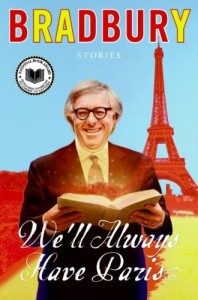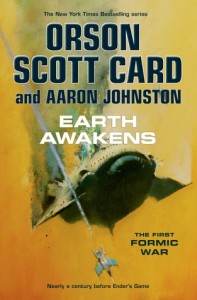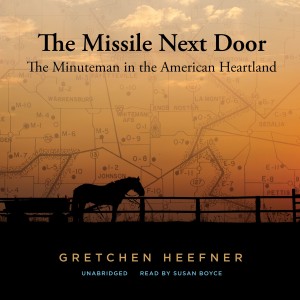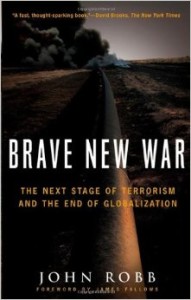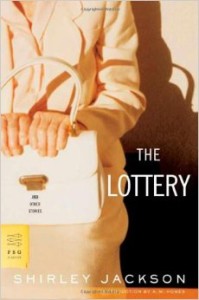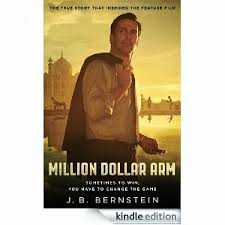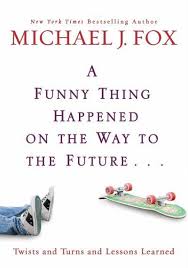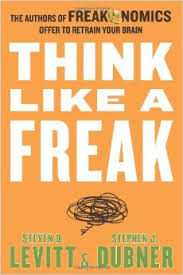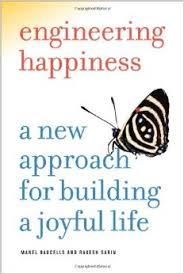Average is Over: Powering America Beyond the Age of the Great Stagnation
By Tyler Cowen, 2013
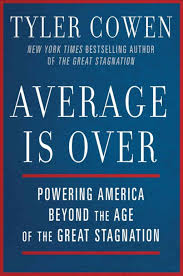
A few weeks ago, I covered The Great Stagnation by Tyler Cowen. This book is the follow-up, which discusses the implications of changing technology, demographics, and information availability on incomes, education, and politics.
Cowen is a strong believer in the disruptive ability of machine intelligence. Call it artificial intelligence, call it data mining, call it automated pattern recognition, call it Skynet. Whatever you call it, machines, programmed by smart people, are getting smarter and infiltrating more areas of life and business. The main premise of the book is that the few individuals who can work best with the machines in the future will be high earners. Everyone else will be worse off. Thus ends the middle class. Thus ends average.
Computers may be excellent at computation and statistics, but they typically need a human to interpret and implement their analyses. Those who can work well with computers, be they programmers or just technically-savvy subject matter experts, will be well-placed to succeed. With the depth of information available on the internet, it will be possible for self-starters to educate themselves and position themselves well with technology. It will be a meritocracy.
Closely related: Humans Need Not Apply.
